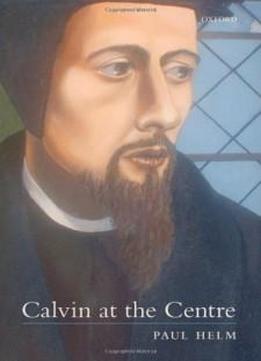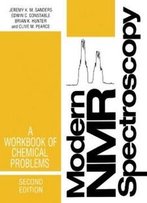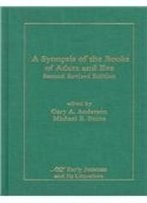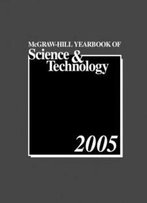
Calvin At The Centre
by Paul Helm /
2010 / English / PDF
1.2 MB Download
Calvin at the Centre
Calvin at the Centre explores the consequences of various
ideas in the thought of John Calvin, and the influence of his ideas
on later theologians. The book sets to one side the assumption that
Calvin's views are purely biblical and unaffected by the particular
intellectual circumstances in which he lived. The emphasis is on
philosophical ideas within Calvin's theology, and the chapters are
organised to reflect this, dealing in turn with epistemological,
metaphysical, and ethical issues. Paul Helm highlights some of the
complexities in the relation between Calvin and Calvinism.
explores the consequences of various
ideas in the thought of John Calvin, and the influence of his ideas
on later theologians. The book sets to one side the assumption that
Calvin's views are purely biblical and unaffected by the particular
intellectual circumstances in which he lived. The emphasis is on
philosophical ideas within Calvin's theology, and the chapters are
organised to reflect this, dealing in turn with epistemological,
metaphysical, and ethical issues. Paul Helm highlights some of the
complexities in the relation between Calvin and Calvinism.
Like the author's study
Like the author's studyJohn Calvin's Ideas
John Calvin's Ideas (2004), the
volume focuses on the coincidence of ideas between Calvin and other
thinkers rather than offering an historical account of how such
influences were transmitted. Among the topics are: the knowledge of
God and of ourselves, Scripture and reason, the visibility of God,
providence and predestination, compatibilism, and the intermediate
state. The chapters range over thinkers as different as Pierre
Bayle and Karl Barth.
(2004), the
volume focuses on the coincidence of ideas between Calvin and other
thinkers rather than offering an historical account of how such
influences were transmitted. Among the topics are: the knowledge of
God and of ourselves, Scripture and reason, the visibility of God,
providence and predestination, compatibilism, and the intermediate
state. The chapters range over thinkers as different as Pierre
Bayle and Karl Barth.
This illuminating study is relevant to anyone with an interest in
Reformation thought, systematic theology, or the philosophy of
religion. Helm's approach provides a fresh perspective on Calvin's
theological context and legacy.
This illuminating study is relevant to anyone with an interest in
Reformation thought, systematic theology, or the philosophy of
religion. Helm's approach provides a fresh perspective on Calvin's
theological context and legacy.










